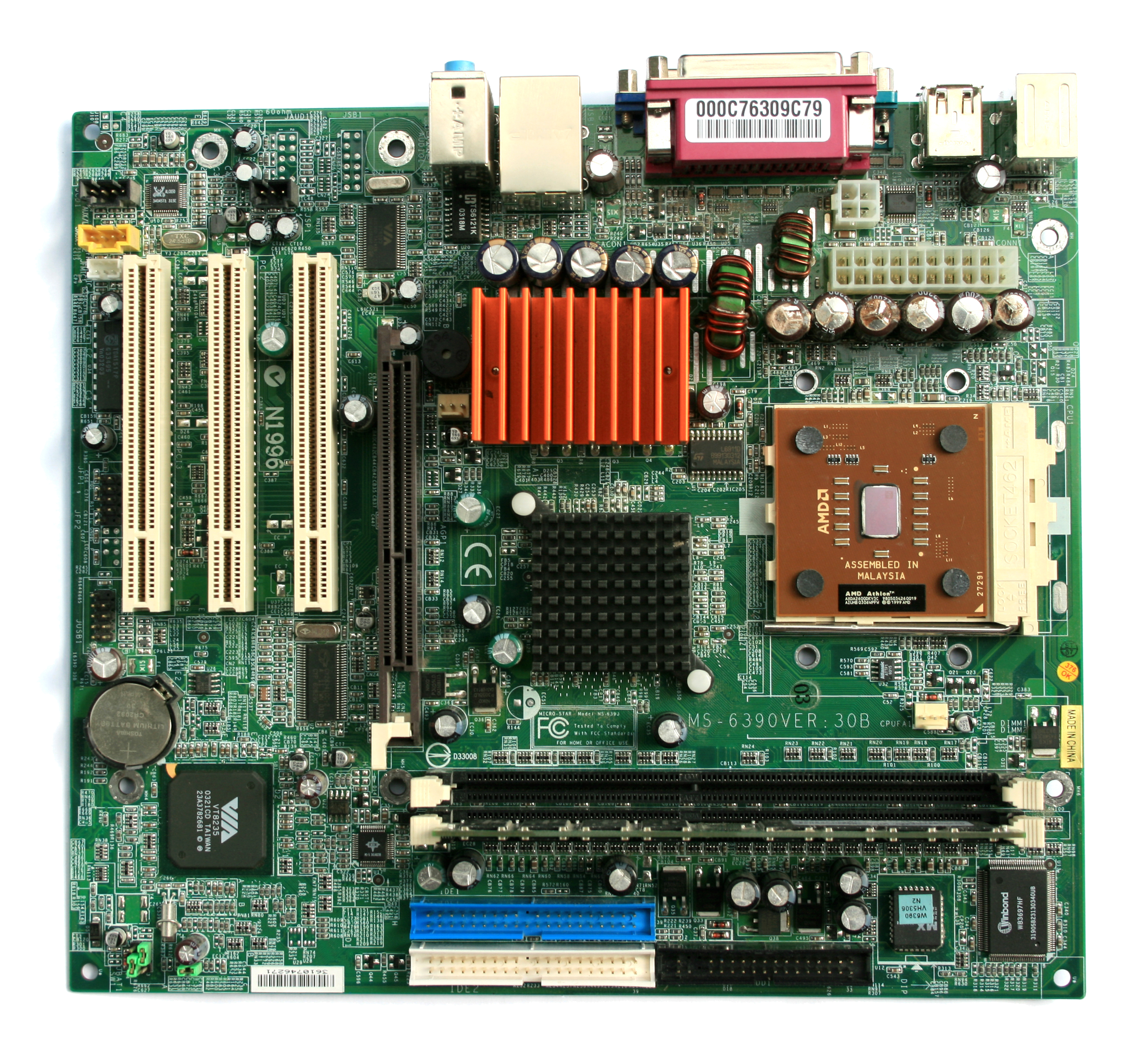Are you frustrated with a slow and laggy computer? Let’s explore some tips to speed it up.
Manage Startup Programs and Background Processes
- Open Task Manager by pressing Ctrl+Shift+Esc
- Click on the Startup tab to see a list of programs that start up when your computer boots
- Disable unnecessary startup programs by right-clicking on them and selecting Disable
- Close background processes by going to the Processes tab in Task Manager and ending tasks that are using a lot of CPU or memory
Optimize Web Browser and Disable Add-ons
To optimize your web browser and disable add-ons, first open your web browser. Click on the menu button in the top right corner. Select “Add-ons” from the drop-down menu. Here, you can disable any unnecessary add-ons that may be slowing down your browsing experience. Next, go to your browser’s settings and clear your cache and cookies to improve performance.
Additionally, consider using a browser extension like Adblock to block ads and speed up loading times. By optimizing your web browser and disabling add-ons, you can significantly improve the speed of your computer.
Update Operating System and Drivers
![]()
To speed up your slow and laggy computer, make sure to update your operating system and drivers regularly. Outdated software can cause performance issues and slow down your computer. Check for updates in the settings of your operating system or visit the manufacturer’s website to download the latest versions. Updating your drivers ensures that your computer hardware functions properly and efficiently.
It can also enhance compatibility with new software and improve overall performance. Keeping your system up to date can help optimize your computer’s speed and responsiveness, so don’t forget to regularly check for updates.
Perform Disk Cleanup and Defragmentation
| Step | Description |
|---|---|
| 1 | Open Disk Cleanup utility by searching for it in the Start menu. |
| 2 | Select the drive you want to clean up (usually C: drive) and click OK. |
| 3 | Check the boxes next to the types of files you want to delete, such as temporary files and recycle bin contents. |
| 4 | Click OK to start the cleanup process. |
| 5 | Open Disk Defragmenter utility by searching for it in the Start menu. |
| 6 | Select the drive you want to defragment and click Analyze. |
| 7 | If the drive needs defragmentation, click Defragment to start the process. |
Scan for Viruses and Malware
To speed up your slow and laggy computer, it’s crucial to scan for viruses and malware that could be causing performance issues. Viruses and malware can eat up your computer’s resources, leading to sluggish performance and crashes. Use a reliable antivirus program to perform a full system scan and remove any detected threats. Make sure to keep your antivirus software updated to protect against the latest threats. Additionally, consider running a malware scan using a reputable anti-malware program to catch any malicious software that may have slipped past your antivirus.
Regularly scanning for viruses and malware can help improve your computer’s speed and overall performance.
Upgrade Hardware Components

To speed up your slow and laggy computer, upgrade your hardware components. Consider adding more memory to improve performance. Installing a solid-state drive can also significantly boost speed. If you’re using a personal computer, upgrading the central processing unit may be necessary. Check your Task Manager (Windows) to identify which components are causing the slowdown.
Consider upgrading your disk storage for faster data access.
Increase Memory and Storage Capacity
To increase memory and storage capacity on your slow and laggy computer, consider upgrading your hardware components. Install a solid-state drive (SSD) to replace your traditional hard drive for faster data access and improved performance. You can also add more RAM to boost your computer’s memory capacity and speed up operations. Additionally, clear out unnecessary files and programs to free up disk storage space and improve system performance. Regularly check your Task Manager to identify resource-heavy applications and close them to speed up your computer.
With these upgrades and maintenance tips, you can enhance your computer’s speed and efficiency.
Troubleshoot Hardware and Software Conflicts
To troubleshoot hardware and software conflicts on your slow and laggy computer, start by checking for any recent updates or installations that may be causing issues. Use the Task Manager to identify any programs or processes that are using a lot of resources and end those tasks to free up CPU and memory. You can also update your drivers through the Device Manager to ensure all hardware is functioning properly. Check for any conflicting software by going to the Control Panel and uninstalling any unnecessary programs.
Additionally, running a virus scan can help identify and remove any malware that may be slowing down your system.
F.A.Qs
How do I fix my computer from lagging?
To fix your computer from lagging, you can start by closing or removing unnecessary programs that may be running in the background. By using the Task Manager to see which programs are using up CPU and memory, you can identify and close the ones causing the lag.
Why is my PC so laggy all of a sudden?
Your PC may be lagging all of a sudden due to various reasons such as too many programs running at once, a virus or malware infection, hardware issues, or high memory usage.
How do I find out why my computer is slow?
To find out why your computer is slow, you can start by checking for too many active programs or browser tabs, rogue programs hogging processing power, a maxed-out hard drive or memory, unnecessary software updates, too many apps opening automatically when your PC starts, or viruses and ineffective antivirus software.
How do I clean up my computer to make it run faster?
To clean up your computer and make it run faster, you can start by cleaning up disk space, uninstalling unused programs, limiting startup programs, upgrading your RAM, running a malware scan, updating your operating system and drivers, optimizing your web browser, and defragmenting your hard drive.
